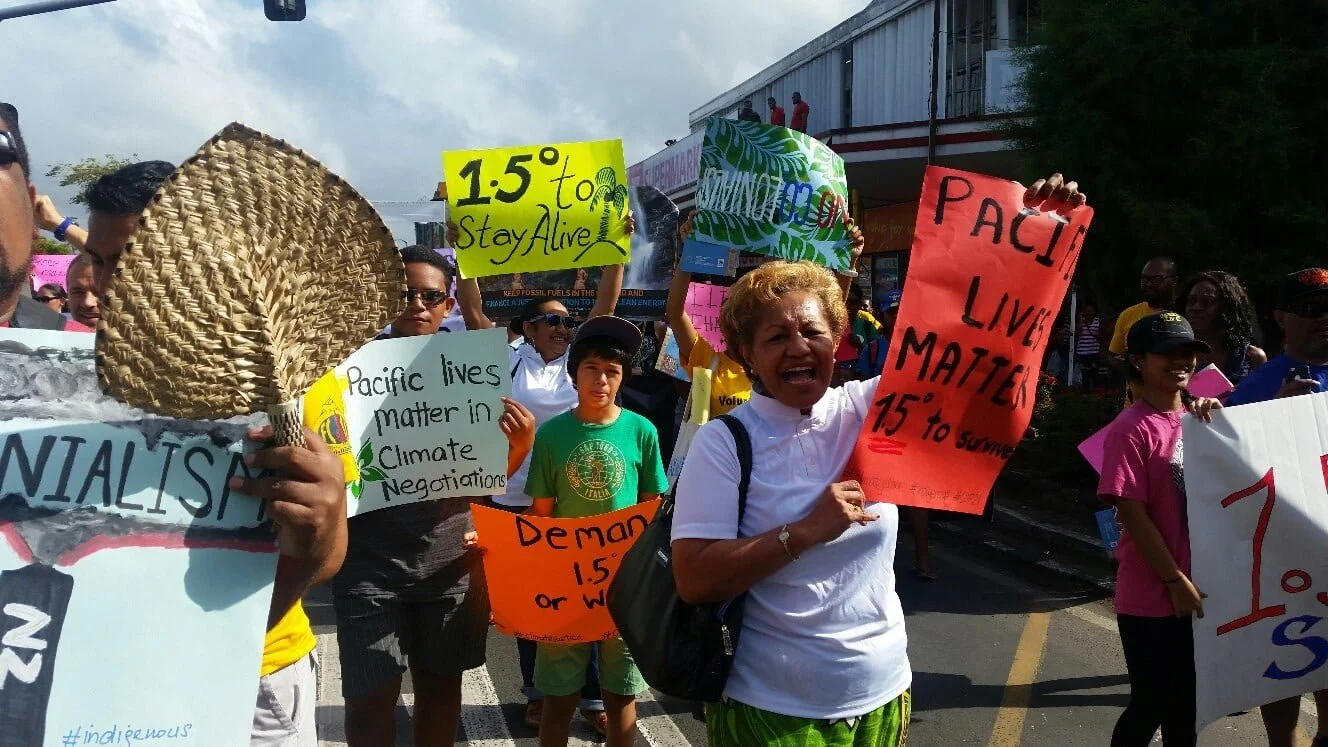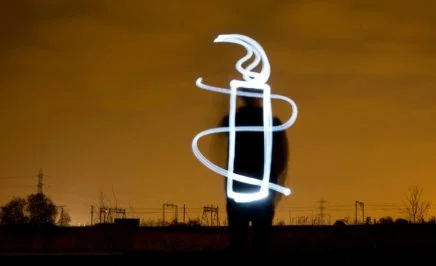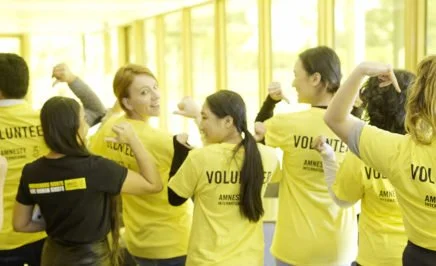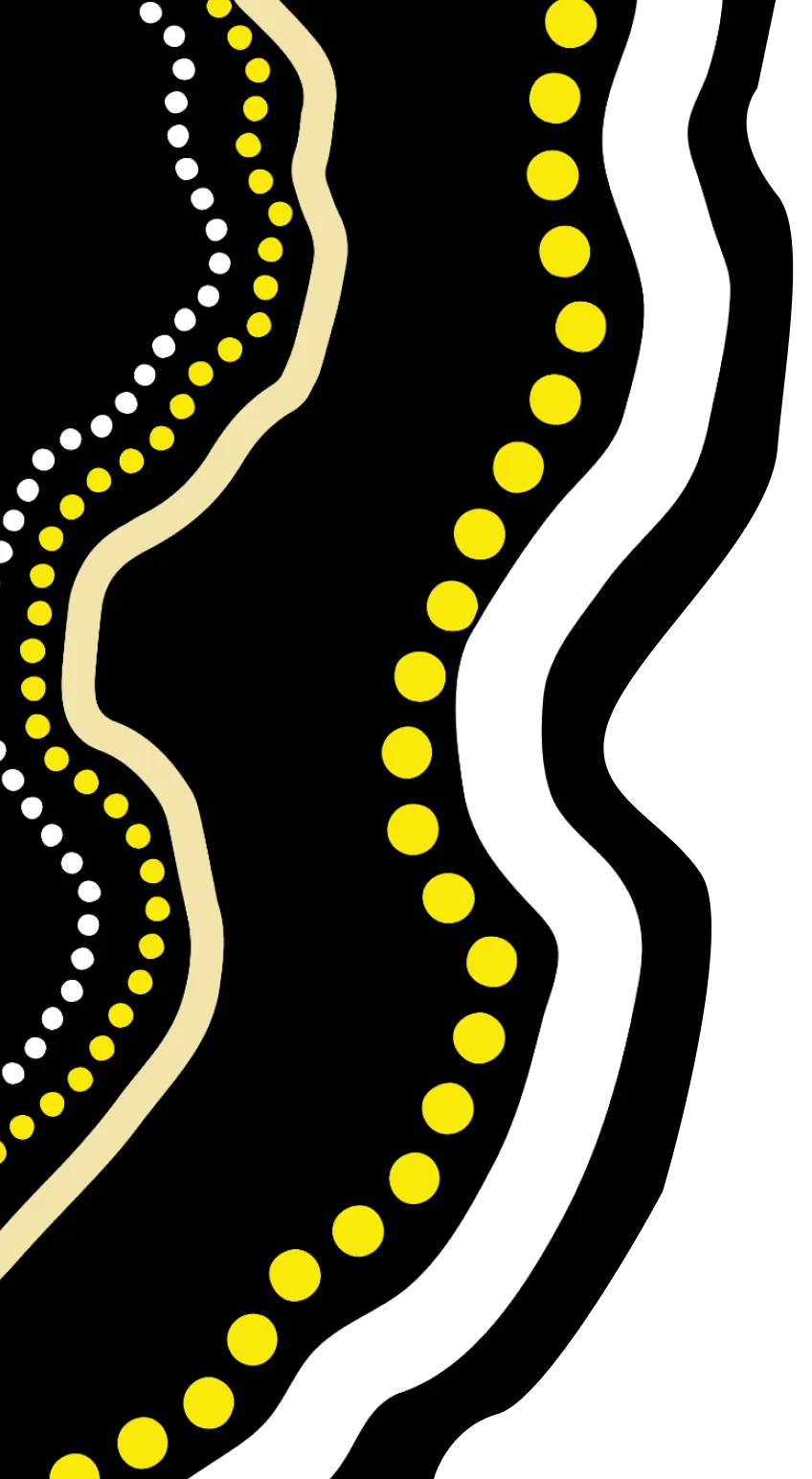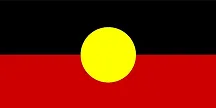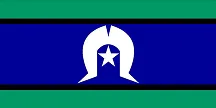The objective of these workshops is to inspire and empower participants to become more involved as climate justice activists, or if they already are, to continue on that journey. Further, you will delve deeper into the campaign to support the legal case of two Torres Strait Islander men. You will also work through exercises to take practical climate action.
The more people that understand the impacts of climate change on places like the Torres Strait , the stronger our calls on the Australian government will be! And we will have increased and more visible public support for climate action.
Workshop Resources
There are 4 workshops in total as part of the Climate Justice module. They were developed by Varsha Yajman, an incredible youth climate justice advocate, with the support of Amnesty International Australia staff and activists, and Grata Fund. The workshop structure and content is flexible enough to be delivered to small or big groups. The length of each workshop is minimum 30 minutes each (you can devote more time to certain parts, included in the running sheet). These can either be delivered in 4 small sessions, or they can be grouped for a longer session with a total time of 2 hours.
Workshop 1 – Introduction to the Climate Justice Series and Context Setting
This workshop is an introduction to the series and it will briefly introduce the Australian Climate Case and climate litigation and get participants to discuss what taking action on climate means.
- Running Sheet
- Slides with multimedia content
- Facilitation Notes with details on activities and discussion
Workshop 2 – Indigenous Rights and Climate Justice (Narrowing in on the Australian Climate Case)
This workshop covers a discussion on the impacts of climate change in the Torres Strait, showing participants a short video of Uncle Pabai discussing this issue at COP27. It also addresses the legal arguments underpinning the case and the intersection between climate justice and human rights. Participants will be asked to take action at the end of the workshop.
- Running Sheet
- Slides with multimedia content
- Facilitation Notes with details on activities and discussion
- Link to petition action for Uncle Paul and Uncle Pabai
Workshop 3 – Climate Activism and Story-telling
This workshop moves participant into the more practical part of the series. It will cover a discussion on personal narrative and the facilitator will take participant through a 5 step process to develop their own climate justice narrative.
Participants will be asked to continue their narrative after the workshop and take action.
- Running Sheet
- Slides with multimedia content
- Facilitation Notes with details on activities and discussion
- Link to Share your Climate Story action
Workshop 4 – Climate Change and Taking Action
In the final workshop participants will apply the knowledge and discussion from previous sessions to an exercise that will get them to write a letter to their member of parliament about climate change and their own concerns on the issue.
- Running Sheet
- Slides with multimedia content
- Facilitation Notes with details on activities and discussion
Do you want to do even more?
You can go to our Climate Justice toolkit and explore any other activities or tactics that you and your group could adopt to continue on your climate activism journey. Some ideas are:
- You could host a screening of the Hungry Tide and follow-it up with a panel discussion on the topic of climate justice. You can use the Event Toolkit the we developed for the documentary
- You could host a story-telling event where people share their experience of climate change and how extreme weather events have impacted their right to housing or to health. Uncle Paul and Uncle Pabai are at the frontline of the climate crisis, but getting people to empathise with their case will drive more action and engagement. You could use art or photography as well!
- You could organise a petition stall but add to your table a few images of the islands Uncle Paul and Pabai live on during King Tide events. Get people to connect with the idea that climate change affects the right to self-determination of First Nations people and the Australian government has a responsibility to act.
Let us know how you go and/or if you need any extra support by emailing margherita.mezzasoma@amnesty.org.au
